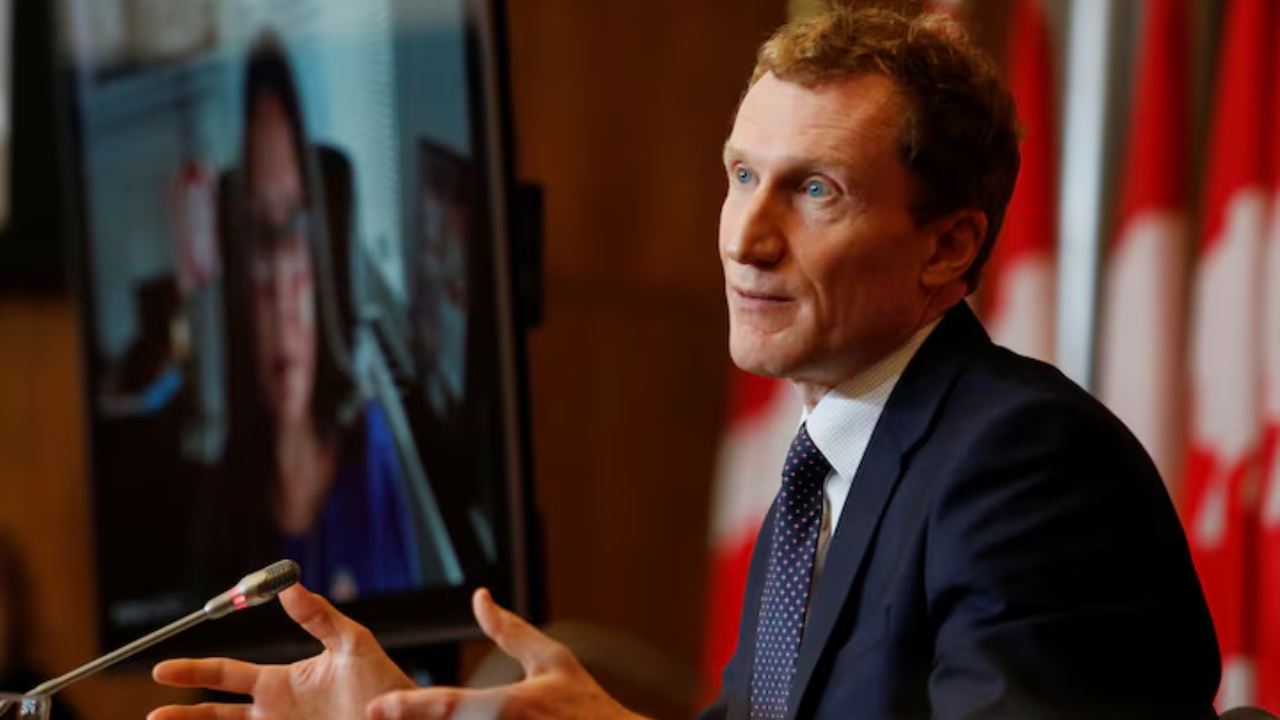

IRCC plans to cut the number of Spousal Open Work Permits by over 100,000 in the coming three years. Image: Reuters
In a recent announcement, Canada's Immigration Minister Marc Miller revealed important changes to the eligibility requirements for Spousal Open Work Permits (SOWPs). This adjustment is part of the government’s effort to refine the country’s temporary resident programs.
On September 18, Minister Miller stated that new restrictions would be applied to SOWPs for spouses of students enrolled in doctoral and specific master’s programs, as well as select professional and pilot programs. For instance, only the spouses of master’s degree students whose programs last at least 16 months will qualify for these work permits.
Earlier this year, the IRCC had already limited SOWP eligibility to the spouses of students in designated master’s or doctoral programs at recognized Canadian learning institutions. There are some exceptions for undergraduates enrolled in programs that are in high demand.
These changes are also tied to a broader plan that includes limiting the number of study permits available for 2025. The IRCC has decided that 12% of the total 437,000 study permits for that year will be reserved for master's and PhD students. However, this particular group will not be included in the cap for study permits issued in 2024. Minister Miller indicated that these adjustments would lead to a reduction of about 50,000 SOWPs issued to spouses of international students over the next three years.
The changes also affect SOWPs for spouses of temporary foreign workers. The IRCC intends to restrict eligibility for these permits to spouses of highly skilled workers, including top executives, scientists, engineers, and other professionals in areas facing labour shortages. This modification is expected to decrease the number of SOWPs issued by an additional 100,000 over the next three years.
While the minister did not provide specific dates for when these tightened restrictions will take effect, he mentioned that spouses of international students can currently apply for SOWPs if their partner is enrolled in a master's or doctoral program or specific professional degree programs. These programs include fields like medicine, law, and nursing.
To apply, applicants must provide certain documentation, such as a valid letter of acceptance from a designated learning institution (DLI) or proof of enrollment. They may also need to show transcripts from their current program. If applicable, they must provide proof of participation in an eligible pilot program and evidence of their relationship with the student. Those granted SOWPs will have permits that match the duration of their sponsor's study permit.
These changes are part of a larger set of initiatives the IRCC has introduced this year, which also include capping the number of study permit applications processed in 2024 and implementing new language requirements for Post-Graduation Work Permit (PGWP) applicants. To qualify, university graduates must prove they have a Canadian Language Benchmark (CLB) score of 7 in all areas, while college graduates need a CLB of 5.
Minister Miller announced that further details about temporary resident levels will be provided in the upcoming Immigration Levels Plan, which is scheduled for release by November 1. This will mark the first time temporary resident levels will be incorporated into the Plan, which outlines targets for the number of newcomers Canada aims to welcome over the next three years.
In 2023, Canada welcomed over 2 million temporary residents. The Minister emphasized that the new restrictions aim to reduce the temporary resident population from 6.5% to 5% over the next three years. With Canada’s economy recovering from the pandemic, the Minister noted that earlier immigration measures, which were vital during the crisis, are no longer necessary.
Having an 'Identity Verified' badge or being 'Identity Verified' simply indicates that an individual has submitted information to complete our identity verification process or we have conducted internal verification using various authorized websites. While this process includes safeguards, it does not guarantee that the person is who they claim to be.
If you encounter any issues with this profile, please report them here. While all consultants who are verified have RCIC ID, we may not have the latest data in terms of their renewal/cancellation/discontinuation of their RCIC ID.
The "Verified Consultants" profiles are created using publicly available information, including data from the IRCC website, official consultant sites, other listing platforms, and social media. Immiperts.com is an independent platform, not affiliated with IRCC or any registered immigration consultants. To update, claim, or remove your profile, please contact us at [email protected].
╳